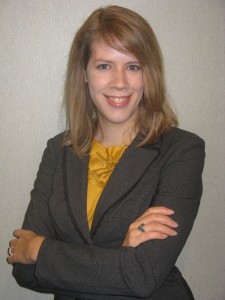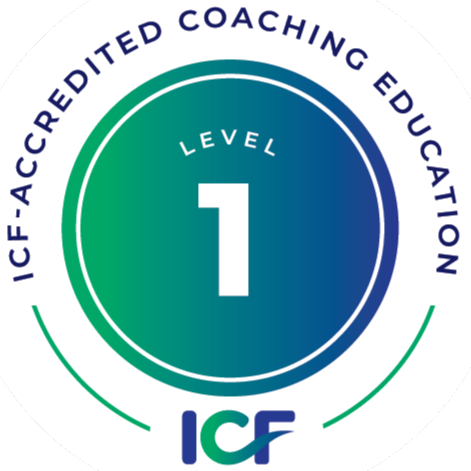
By: Kimberly Gleason
Assessments are great tools. They tell us much about ourselves—our personality, leadership style, communication style, overall strengths, and our deeply held values. Organizations like to use them to evaluate not only how people interact, think, and behave, but also to evaluate how their organization is doing.
While assessments reveal relevant and interesting information, I wouldn’t call them necessarily powerful, nor useful. Why?
Because a hammer is no good to me if I don’t know what I’m building.
Similarly, assessments are only just that—tools. Research has demonstrated that often people and organizations use assessments, but then don’t offer any kind of follow up. However, to attain continuous individual and organizational improvement, follow up is critical. This follow up includes goal setting, coaching toward the goals, and measuring the results.
For example, I’m familiar with many companies that use a 360 survey or DiSC assessment, but then do nothing with the findings. How much more fruitful to turn those findings into valuable insights, and better yet, actual goals for the individual or organization?
Case in point: Currently, I am coaching a senior regional leader in the insurance industry. He has recently taken the Peoplemap and Myers-Briggs assessments. He is an extroverted, intuitive, thinking, judging leader-task type of worker. His major coaching focus is on how to gain influence and build critical work relationships. Based on his assessment results, he tends to be introverted and lacks somewhat in people skills, which he desperately needs to achieve his professional goals—rising to the highest levels within the company.
So we regularly integrate the key assessment findings into the coaching, thus striving for real, sustainable results. His “ah-ha” moments turn into action steps. And these action steps produce results.
I’ve heard it said too many times that knowledge is power. It is not. It is the application of knowledge that is power. Same goes for assessments.
When leaders decide to turn information into worthwhile goals, only then will they see lasting positive change and growth.

Kimberly Gleason, an ILCT student, is a Grand Rapids-based personal and executive leadership coach, business coach, career coach, author of over 70 newspaper and magazine articles, professional speaker, and trainer. She specializes in helping leaders to improve individual and team performance, effectiveness, engagement, retention, and results. You can find out more about her free e-books, blog, resources, presentations, and programs at http://www.kimberlygleasoncoaching.com. ;




